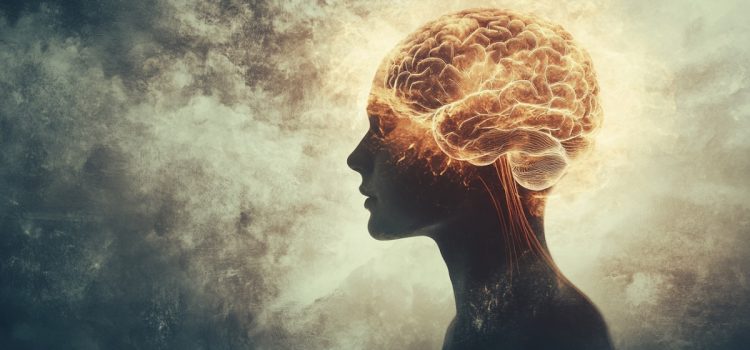Why do we spend a third of our lives dreaming? In his book This Is Why You Dream, neurosurgeon Rahul Jandial argues that dreams aren’t random mental noise—they’re essential neurological processes that keep your thinking flexible, process difficult emotions, spark creative breakthroughs, and help form your identity. Through firsthand observations and cutting-edge research, Jandial explains how dreams work, what they reveal about your inner life, and how you can actively shape them. In our overview of This Is Why You Dream, you’ll also learn how to interpret your dreams using a two-step method based on brain science, manage recurring nightmares,
This Is Why You Dream: Book Overview (Rahul Jandial)










